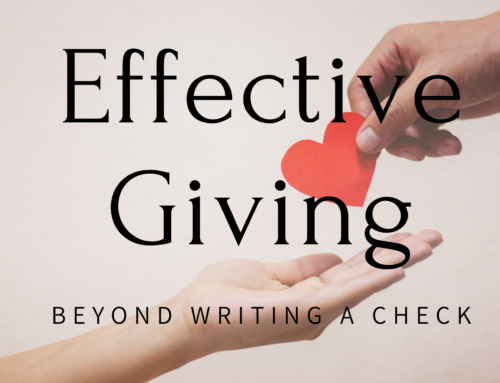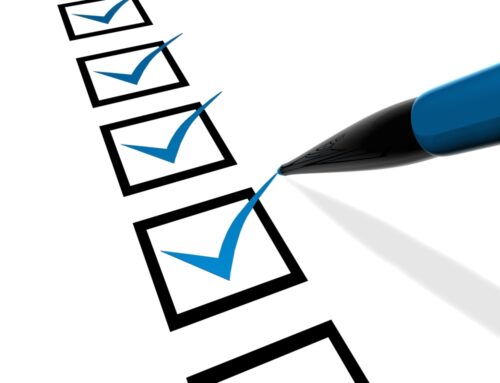What is estate planning exactly and why should I care?
This blog is not for self-centered individuals precisely because estate planning is not about you, it’s about everyone else you care about. Effective estate planning is done entirely for the beneficiaries of those you care about and will sadly benefit from your passing. No matter who you are, you have an estate. It consists of all you own, your house, your car, your checking and savings accounts, life insurance and other personal possessions all make up your estate. Since you can’t take it with you when you pass, you’ll probably want to control how those assets are distributed to those people and organizations you care about. Furthermore, you will want to control when and how these assets get distributed.
Americans are Terrible at Estate Planning
The statistics for Americans who have done any estate planning at all are grim. According to Lawyers.com who employed Harris Interactive to do a survey on the subject reported that “Half of Americans don’t have any of the most basic estate planning documents, including a will, a living will and financial and medical powers of attorney, needed to protect them (and their assets) if they’re incapacitated.” Of those surveyed, only 35% have a will directing who gets their assets and only 29% have a living will that states their views on end of life medical procedures. Not surprisingly, older Americans were more likely to have made some preparations: 77% of adults over 55 had signed at least one of the needed documents, compared with 24% of those under 35. There was no noticeable difference in planning between men and women, but Americans with more education were far more likely to have planned.<ul>
Estate Planning Isn’t for You, It’s for those you care about
Estate planning is for everyone and should not be forsaken as none of us knows how long we will live. If you care about other people in your life and you want to provide for them when you are no longer around, then I suggest you continue reading this blog as I will outline steps to get you started and make the process as painless as possible. Remember, I am not an attorney but I am very familiar with the process. Below is a list of what a good estate plan should provide according to estate planning.com.
- Include instructions for passing your values (religion, education, hard work, etc.) in addition to your valuables.
- Include instructions for your care if you become disabled before you die.
- Name a guardian and an inheritance manager for minor children.
- Provide for family members with special needs without disrupting government benefits.
- Provide for loved ones who might be irresponsible with money or who may need future protection from creditors or divorce.
- Include life insurance to provide for your family at your death, disability income insurance to replace your income if you cannot work due to illness or injury, and long-term care insurance to help pay for your care in case of an extended illness or injury.
- Provide for the transfer of your business at your retirement, disability, or death.
- Minimize taxes, court costs, and unnecessary legal fees.
- Be an ongoing process, not a one-time event. Your plan should be reviewed and updated as your family and financial situations (and laws) change over your lifetime.
If You Don’t Make a Plan, The State Will Make One for You
If you don’t have a plan, don’t worry, your state has a plan for you according to Estate Planning.com. That’s right, nothing to fear here. If you have no plan, your state will determine how best to distribute your assets and who will take care of your minor children for you. This is known as the “probate” process and If you think letting the DMV handle your estate is a good idea, then by all means, forget making a plan. In all seriousness, the probate process is highly inefficient, notoriously expensive and requires a great deal of hassle on the part of your heirs. Worst of all, your heirs will likely not receive nearly what you thought they would get because of the process. The good news is that it can all be avoided if you create an estate plan.
Answer These Questions if You Want to Get Started
Getting started is easier than you might think, however, it does take time. The best place to begin is by answering the following three questions.
1. If I were to die or become incapacitated who would I want to handle my personal and financial affairs? (hint: these can be two separate individuals)
2. Who would I want to take care of my children as if they were their own?
3. Make a listing of all your assets. Then decide on how would you like to split your assets and when do you want the beneficiaries to receive them? (if you own a business, what is your succession and transfer plan?)
Once you have answers to these, then you need to understand what an estate plan consists of. I will go into this in more detail in my next blog post, however, I will tell you that a living will is not enough. You must create a trust to truly avoid probate. Please answer the questions above and organize your assets in your estate and you can save a lot of money during the creation of your plan by doing this before you meet with an estate planning attorney. Happy planning.






